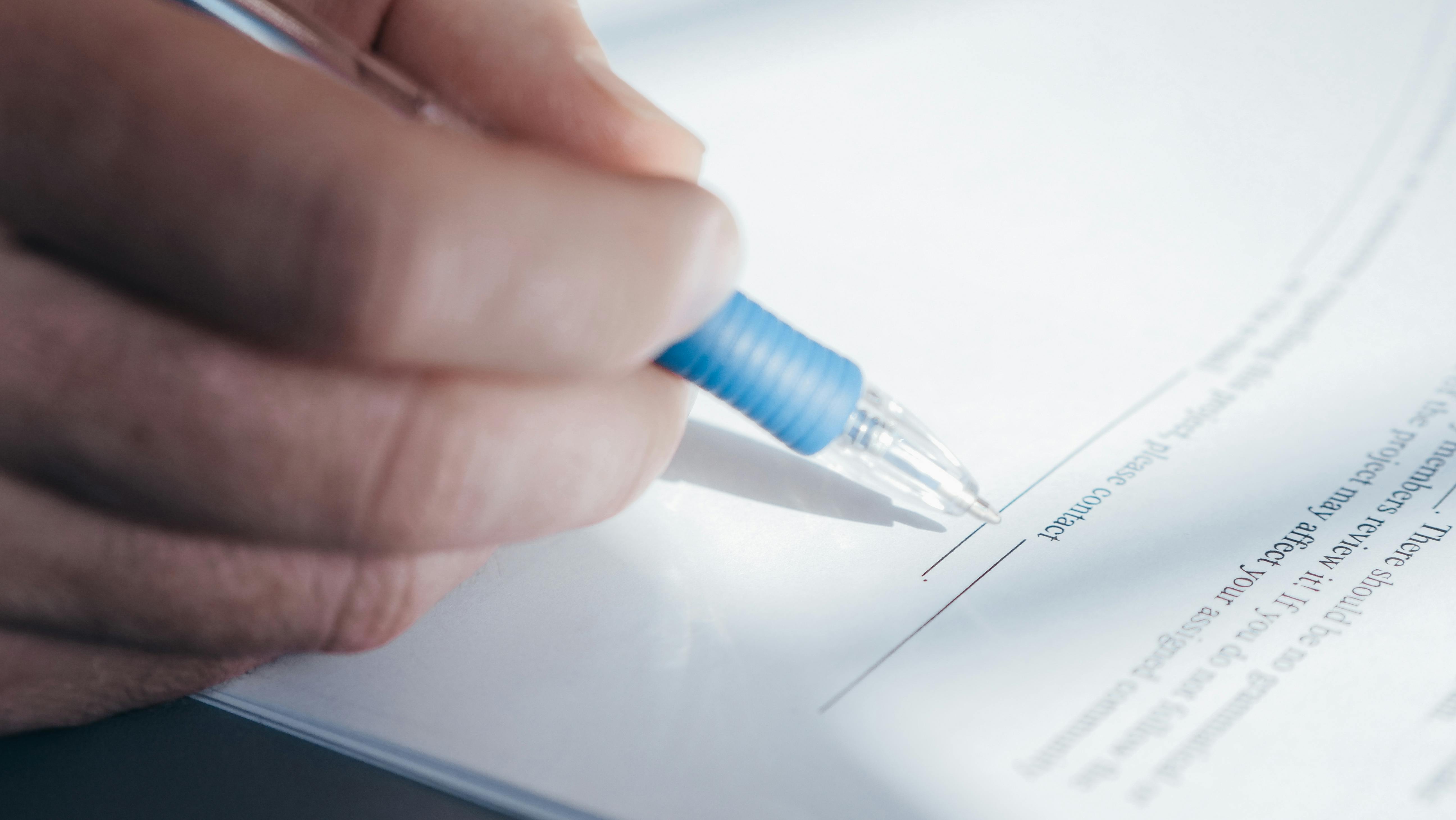Vertigo is NOT fun at all. It’s like being on a nightmare ride that you didn’t ask to get on and you can’t get out of.
Sinusitis is often blamed for vertigo, but inflammation of the sinuses, due to infection, allergy, or as a result of autoimmune diseases, is NOT the only cause.
Most cases of sinusitis are caused by a viral infection and take about 10 days to heal completely. Depending on the duration, sinusitis can be acute, subacute, or chronic.
The interconnected cavities or small air pockets in the facial structure are known as the paranasal sinuses. These air sacs are found around the nose, forehead, and cheeks.
There are four pairs of sinuses, and they are lined within the cavities and have a protective mucous membrane. Much of the information on vertigo is related to a sinus “infection.”
Slight dizziness and vertigo from sinus pressure
Allergies are the most common cause of sinusitis, which further leads to pressure buildup and dizziness. The human body consists of many complex systems. It is the interactions between different systems that help us maintain our sense of balance.
The eyes capture different images to which they are exposed, while the inner ear is in charge of monitoring our directions and movements. It is the sensors in the joints and muscles that measure the parts of the body that are in motion.
The central nervous system acts as a supervisor and makes all the other systems work. When any of the systems faces a problem, it can cause vertigo.
Typically, when a person suffers from a sinus infection, there is a buildup of sinus pressure in the inner ear or congestion in the inner ear, causing normal airflow to be disrupted.
This causes the connection to the brain to also be interrupted. Pressure builds up at the back of the eyes, the roof of the mouth, and the inner ear.
Since there is pressure in the inner ear, brain processes cannot ensure normal balance. The person loses balance and loses balance, causing dizziness.
Sinus infection and vertigo go hand in hand.
In a respiratory tract infection, if bacteria or viruses adhere to the mucous lining of the sinuses, they can spread to the ear canal and cause an ear infection.
How to relieve sinus pressure and vertigo:
One remedy to relieve sinus pressure is to heat a soft cloth on a hot iron and apply it to the ear.
A hot shower will also help drain mucus, which blocks the sinuses, and relieve pressure in the ear. Try to avoid being in a room with fresh air.
Taking steam is one of the simplest and easiest ways to relieve sinuses. Adding eucalyptus oil or menthol oil will help get rid of sinus infection much faster. One can take steam two to three times a day for faster relief.
My favorite method helps clear nasal congestion. The saline water has to pass through the nasal openings for the same. I use a Neti-Pot.
Eating spicy food is known to relieve sinus pressure. Once a person eats spicy food, the clogged sinuses will open up and the mucus will drain out. Add ginger, garlic, dried lemon, etc. in your diet will also work to relieve sinus pressure.
When you suffer from sinus, one of the home remedies is to increase fluid intake. This helps thin mucus and relieves pressure on the inner ear.
Having the correct sleeping position will not only help relieve sinus pressure, but it will also help prevent vertigo. Sleep with your head elevated.
If you normally sleep with your head on a pillow, you may want to use two pillows.
If you have been suffering from these problems for some time, you may not want to speak to your healthcare professional right away.
Although there is a close relationship between sinusitis and vertigo, there are other reasons that can also cause dizziness. You may want to talk to your healthcare professional and rule out any other causes of the problem.
According to the University of Michigan Health System, “Sinusitis is a common condition that affects millions of people worldwide. It is estimated that up to 35 million Americans suffer from this disease, which accounts for at least $2.4 billion in medical costs direct only.”
Sinus problems can cause a number of symptoms and adverse effects on the body, including headache, persistent cough, and dizziness.
The purpose of the sinuses is to trap any unwanted airborne particles from entering the lungs. The sinuses are very temporary and can become irritated by changing humidity, allergies, or the common cold.
This is what I experience. The change in humidity…specifically a decrease in humidity. Dry air is NOT my friend!
When the sinus cavity becomes inflamed, it swells to its maximum capacity, preventing normal airflow and the buildup of abnormal amounts of pressure in and around the sinuses.
This is what has caused my balance to become unbalanced, causing vertigo.
In order to properly treat vertigo caused by sinus pressure, a person must first deal with the sinus problem. If the sinuses are infected, you need to remove the infection.
If your sinuses are simply irritated, an over-the-counter decongestant will help soothe the swelling and irritation. Vertigo isn’t fun, but it won’t last if you keep your sinuses swollen.
My recommendation for “sinus drain or no drain” is still to use Neti-Pot and decongestant to keep swelling down.
You may still have some vertigo, but it will go away in 3 to 5 days if your sinuses improve.




Recent Comments